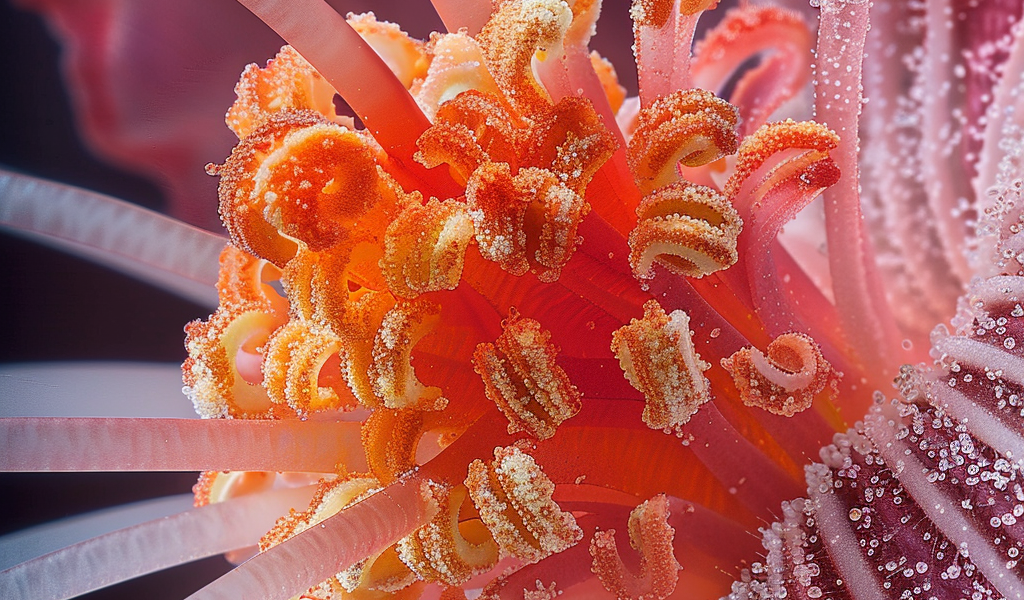A recent pivotal study has uncovered new insights into the intricate process of plant reproduction, focusing on a crucial interaction essential for the development of pollen in tomatoes. The research delves into the phosphorylation of the ATG6 protein by MAPK20, a key regulatory step that plays a vital role in ensuring the viability and germination of tomato pollen, presenting promising prospects for advancements in agriculture.
The development of pollen in flowering plants is a multifaceted process that involves a combination of genetic and physiological pathways. While previous research has emphasized the significance of mitogen-activated protein kinases (MAPKs) in various plant developmental stages, the specific mechanisms through which MAPKs govern pollen development have remained unclear. Therefore, a comprehensive investigation into the function of MAPK20 and its interaction with autophagy-related proteins is imperative.
Scientists from the Department of Horticulture at Zhejiang University have made a groundbreaking discovery, which was published on 6 March 2024 in Horticulture Research. The study elucidates the role of MAPK20 in facilitating the formation of autophagosomes through the phosphorylation of ATG6, a critical process for pollen development in tomato plants (Solanum lycopersicum L.).
The study indicates that MAPK20 is primarily expressed in the stamen of tomato plants. By utilizing CRISPR/Cas9 technology, the researchers created mapk20 mutants and lines with overexpressed MAPK20 to explore pollen development. The results revealed that mapk20 mutants displayed abnormal pollen grains, reduced pollen viability, and diminished germination rates. Further investigation confirmed that MAPK20 interacts with ATG6, a pivotal protein in the autophagy pathway, and phosphorylates it at serine 265. This phosphorylation plays a crucial role in the formation of autophagosomes, which are indispensable for the proper development and functionality of pollen grains. In the absence of MAPK20-mediated phosphorylation of ATG6, the formation of autophagosomes is impaired, leading to defective pollen development.
These findings underscore the significance of the interaction between MAPK20 and ATG6 in ensuring the viability and germination of pollen, which are essential for successful fertilization and fruit development in tomato plants. Dr. Jie Zhou, the lead author of the study, emphasized the importance of these discoveries in enhancing our understanding of the molecular mechanisms that govern pollen development in tomatoes. The intricate interplay between MAPK20 and ATG6, along with the subsequent phosphorylation events, plays a critical role in autophagosome formation, thereby safeguarding pollen viability and successful fertilization.





